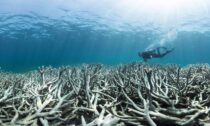
The world is not doing enough to protect coral reefs, the United Nations’ special envoy for the ocean said last week, in defence of the marine ecosystems that protect biodiversity, sustain underwater life, and produce some of the oxygen we breathe. In an interview with The Associated Press on the sidelines of an international ocean conference in Greece, Peter Thomson suggested that all significant coral reefs should be included in marine protected areas under what is known as the “30×30” initiative, a plan to designate 30% of the world’s land and ocean areas as protected areas by 2030.
Top reef scientists announced last week that coral reefs are experiencing global bleaching for the fourth time—and the second time in just 10 years—as a result of warming oceans amid human-...
Read More

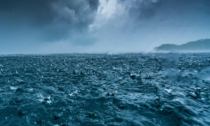

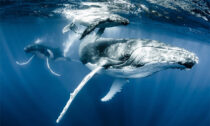
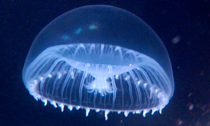

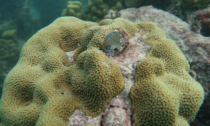
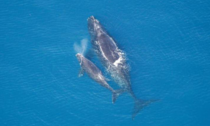




Social Profiles